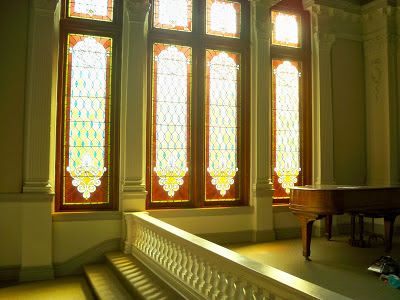Silence
I just finished reading Jane Brox’s lovely new book Silence: A Social History of One of the Least Understood Elements of Our Lives. Brox plumbs her topic by comparing the silence of solitary confinement with the silence of the cloister, an interesting approach that gives her a chance to examine the trials of silence as well as its gifts.
She draws often from Thomas Merton, the Trappist monk who lived much of his life in the cloistered Abbey of Gethsemani but whose writings gave him a worldwide audience. Here she quotes from Merton’s Asian Journal: “Our real journey in life is interior. It is a matter of growth, deepening, and an ever-greater surrender to the creative action of grace and love in our hearts.”
Brox notes the creative power of silence, and its necessity. She concludes with this thought:
Silence can seem like a luxury. Or the fraught world has labeled it that way. But from what I know of it, I would argue that silence is as necessary as the constitutionally guaranteed freedom of speech, which we so carefully guard and endlessly ponder, for it affirms the meaning of speech even as it provides a path to inner life, to beauty, observation and appreciation. It presents the opportunity for a true reckoning with the self, with external obligation, and with power.
